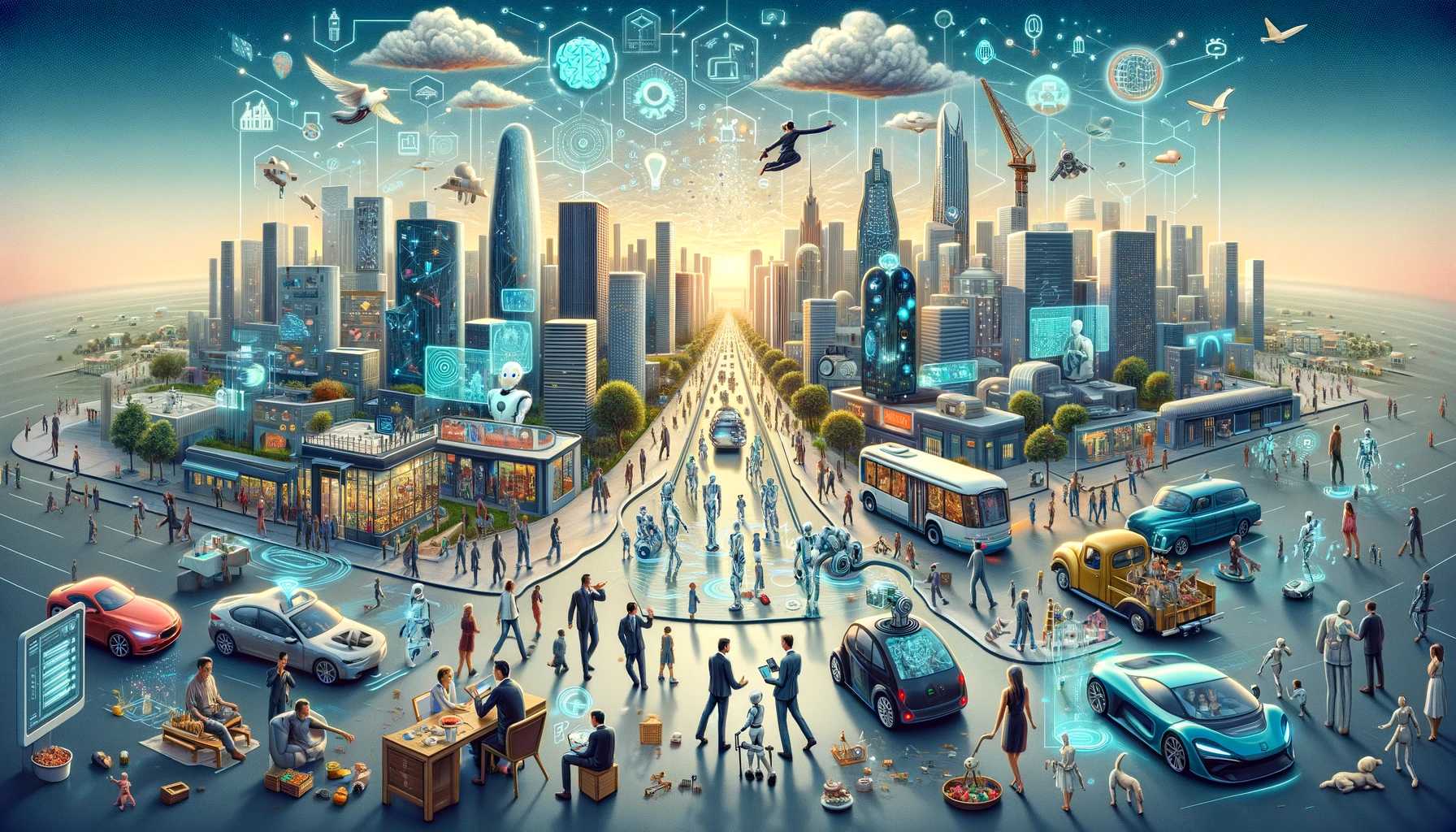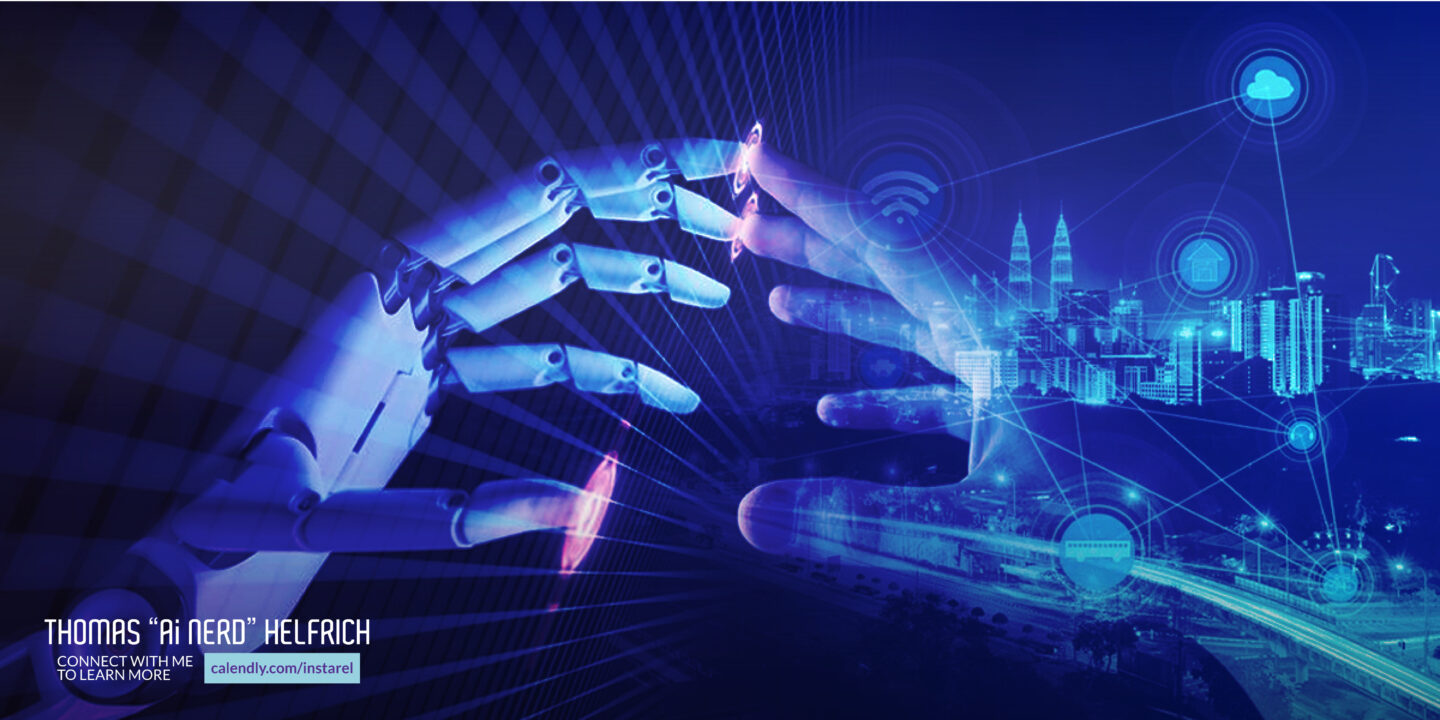Understanding Ai'S Impact On Society: Benefits, Challenges, And Future Trends

Artificial Intelligence (AI) is no longer a concept of the future; it is deeply embedded in our present, reshaping how we live, work, and interact. From healthcare advancements to educational innovations, AI's impact on society is both profound and multifaceted. However, with great power comes great responsibility. This article explores AI's contributions and challenges, focusing on its ethical implications and future trends.

Introduction to AI and Its Societal Impact
AI refers to the simulation of human intelligence in machines programmed to think and learn. Its relevance to society cannot be overstated. AI technologies are transforming industries, creating new opportunities, and enhancing efficiency. Yet, as we embrace these advancements, understanding their societal implications becomes crucial. How is AI changing our society? This comprehensive guide will delve into both the benefits and challenges posed by AI.
The Positive Effects of AI on Society
AI brings numerous benefits across various sectors. Its ability to process vast amounts of data quickly and accurately leads to innovations that improve everyday life.
Enhancements in Healthcare
One of the most significant impacts of AI is in healthcare. AI-powered systems can analyze medical data, aiding in early diagnosis and treatment. For example, IBM Watson assists doctors by providing evidence-based treatment options for cancer patients. This application not only saves time but also improves patient outcomes.

Transforming Education
In education, AI personalizes learning experiences. Tools like Intelligent Tutoring Systems adapt to individual learning styles, helping students grasp complex concepts. The Khan Academy's AI-driven platform tailors lessons to students' needs, demonstrating how AI enhances educational effectiveness.
Streamlining Business Operations
AI also optimizes business processes. Companies like Amazon use AI algorithms for inventory management and customer service chatbots, enhancing efficiency and customer satisfaction. These improvements translate to time and cost savings, allowing businesses to focus on growth.
Challenges and Ethical Considerations of AI
While AI offers many advantages, it also raises ethical questions and potential risks that society must address.
Job Displacement Concerns
One pressing issue is job displacement. As AI automates tasks, many fear it could replace human jobs, particularly in manufacturing and customer service. According to a McKinsey report, as many as 800 million workers could be displaced by 2030. This creates a pressing need for reskilling programs to prepare the workforce for an AI-driven economy.
.png?width=3794&height=1900&name=Impact of AI on Society (1).png)
AI Ethics and Bias
Moreover, AI systems can perpetuate biases present in their training data. For instance, facial recognition technology has shown higher error rates for individuals with darker skin tones, raising concerns about privacy and discrimination. Ensuring AI's ethical use is vital for fostering trust and fairness in society.
AI in Various Sectors
AI’s influence spans multiple sectors, with notable applications in healthcare and education that demonstrate its potential.
AI in Healthcare
AI's role in healthcare is transformative. Beyond diagnosis, AI systems assist in drug discovery, reducing the time and cost associated with bringing new medications to market. For example, Atomwise uses AI to predict how different drugs might work on diseases, leading to faster development times.
AI in Education
In education, AI enhances engagement through gamified learning experiences. Platforms like Duolingo utilize AI to adjust difficulty levels based on user performance, making language learning more effective and enjoyable. This engagement can significantly improve retention rates among students.

Future Trends in AI and Society
As we look ahead, several trends will shape AI's impact on society.
Increased Automation
The future of work will likely see increased automation across many industries. While this may lead to efficiency gains, it necessitates a focus on creating new job opportunities in areas that AI cannot replace, such as creative and strategic roles.
Emphasis on Responsible AI Use
Moreover, there will be a growing emphasis on responsible AI use. As organizations recognize the importance of ethical AI, initiatives to develop guidelines and frameworks will become more prevalent. This includes addressing transparency, accountability, and fairness in AI applications.
Conclusion
AI's impact on society is profound, offering both remarkable benefits and significant challenges. As we navigate this transformative landscape, it is crucial to prioritize ethical considerations and responsible use of AI technologies. By doing so, we can harness AI's potential while mitigating its risks. Ultimately, understanding AI's impact on society will empower us to shape a future that benefits everyone. We must engage in ongoing discussions about AI ethics and its applications to ensure a balanced approach. Together, we can pave the way for a society where AI enhances our lives without compromising our values.